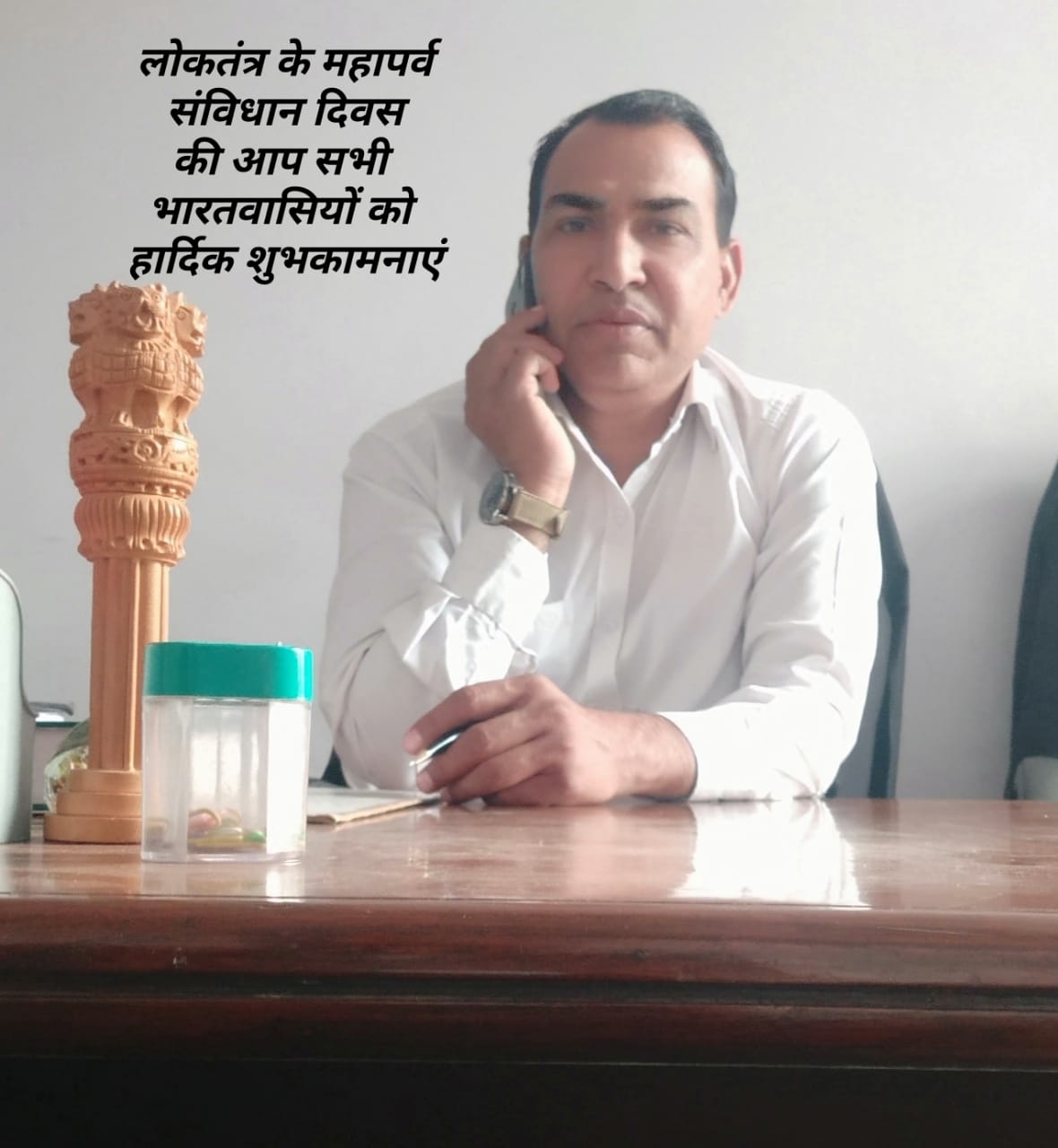Answer By law4u team
Court Marriage in India and the Notice Period A court marriage is a civil marriage solemnized under the Special Marriage Act (SMA), 1954, which allows two individuals to marry irrespective of religion, caste, or customs. Unlike religious marriages, which are governed by personal laws, court marriage is a legally binding civil contract recognized by the state. One of the most important steps in this process is the notice period, which is mandatory for legal compliance. 1. The Notice Period: What It Is When a couple wishes to get married under the SMA, they must submit a notice of intended marriage to the Marriage Officer of the district where at least one of them has resided for a minimum of 30 days. This notice is called the “Notice of Intended Marriage”. After submission, the notice is displayed publicly at the Marriage Officer’s office for 30 days. During this time, anyone who has a legal objection can raise it. Purpose of Public Display: 1. Transparency: Ensures that the community is aware of the marriage. 2. Prevention of Illegal Marriages: Protects against bigamy, underage marriage, or prohibited relationships. 3. Verification: Allows authorities to verify the identity, age, and eligibility of both parties. 2. Why the Notice Period Cannot Be Skipped The notice period is legally mandated, meaning: Submitting the notice and waiting 30 days is required before the Marriage Officer can solemnize the marriage. Skipping or shortening this period without court approval could render the marriage invalid or voidable. The notice period acts as a safeguard for both the state and the parties, ensuring that legal requirements are fulfilled. Even though it may seem like a procedural formality, this step protects the rights of the parties and ensures transparency. 3. Exceptions to the 30-Day Notice Rule While the notice period is mandatory, there are rare and exceptional situations where it can be waived or shortened: 1. Court Intervention Couples may file a petition before a competent civil court seeking waiver of the notice period. The court will require strong justification, such as: Threat to life or safety of one of the parties Urgent personal or social circumstances Risk of harassment or social opposition 2. Special Circumstances Considered by Marriage Officer In extraordinary cases, some Marriage Officers may, with written consent from the concerned authorities, recommend expedited processing to the court. However, this is rare and not standard procedure, and approval by the court is still required. Important: The waiver is not automatic. Courts carefully scrutinize such petitions to ensure that all legal safeguards are respected. 4. Legal Risks of Skipping the Notice Period Attempting a court marriage without following the notice period can lead to: Challenge of validity: The marriage could be contested in court. Administrative issues: The Marriage Officer may refuse to solemnize the marriage without completing the notice period. Future legal disputes: If the marriage is considered invalid, it could create problems for inheritance, property, or other civil matters. In other words, even if a couple goes ahead without notice, the marriage may not be legally recognized until the notice period and related formalities are completed. 5. Steps for Court Marriage with Notice Period 1. Eligibility Check: Both parties must be above the legal age (21 for male, 18 for female). Must not be within prohibited relationships (like close blood relatives). Both must be legally competent to marry. 2. Submit Notice of Intended Marriage: Fill Form I (or the relevant form under BNS/BNSS civil law procedures). Submit to the Marriage Officer with proof of residence, age, and identity. 3. Public Display of Notice: The Marriage Officer displays the notice publicly for 30 days. Objections, if any, must be submitted in writing. 4. Verification by Marriage Officer: Check authenticity of documents, residence proofs, and eligibility. Confirm no valid objection exists. 5. Solemnization of Marriage: After 30 days, if no objection is raised, the Marriage Officer can conduct the marriage. Marriage is registered, and a marriage certificate is issued. 6. Practical Advice for Couples Plan ahead: Start the notice process at least 1-2 months in advance to account for verification delays. Prepare all documents: Age proof, residence proof, identity proof, and passport-size photographs. Objections: Be aware that anyone can file objections during the notice period; address these promptly. Expedited cases: Only file a court petition for waiver if there is a serious and urgent reason. 7. Summary Court marriage without notice period is generally not possible. The 30-day notice is a mandatory legal requirement for transparency, verification, and public objection. Only in exceptional cases, with court approval, can the notice period be shortened or waived. Couples should follow the procedure strictly to ensure that the marriage is legally valid and recognized.









